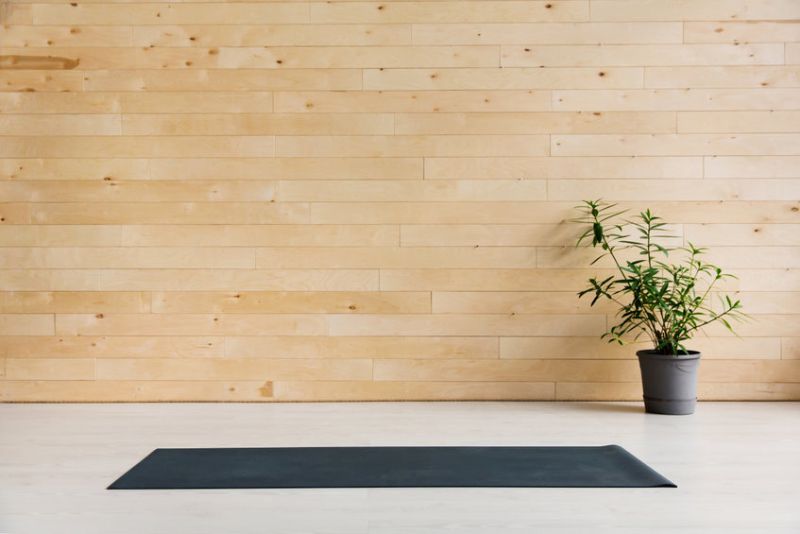
Many people confuse minimalism and asceticism. It’s especially easy to do if they don’t know what asceticism is. Many of them talk about “extreme minimalism” that deprives people of basic comforts. But this is not minimalism because true minimalism doesn’t involve any deprivation. It is more in line with asceticism.
To understand the difference between minimalism and asceticism, we can do a few things. We can first define minimalism and asceticism. We can then explain the purpose of each. After that, we can highlight some of the major differences.
What is minimalism
There are various definitions of minimalism, and here are some of them:
The intentional promotion of what you value most by removing whatever distracts you from it
Focusing on what matters by removing what does not
Focusing on what you value by excluding what you don’t
Whatever the definition, minimalism is about excluding things that you don’t use. If something is useless to you, then excluding it doesn’t deprive you of anything.
What is asceticism
Asceticism is denying yourself earthly pleasures. Asceticism is about excluding things that you find useful. Often, it involves excluding things that you find enjoyable.
What is the purpose of each
What is the purpose of minimalism
The purpose of minimalism is to remove things that waste resources like time, space, money, and energy. You will then have more of these resources left to improve your quality of life or pursue your purpose. Minimalism also allows you to enjoy your favorite things.
What is the purpose of asceticism
The purpose of asceticism is to build inner strength and mental toughness. It does this by removing things that bring comfort. By learning to live without the comforts, you will build inner strength and spiritual enlightenment.
What makes each one work
What makes minimalism work
Minimalism is based on the principle that useless things waste your resources. It is because all things demand resources, but useless things give you nothing in return. For example, a useless item in your home is wasting space. It is also worth noting that anything you don’t use is useless to you.
By excluding useless things, you gain back the resources that they would have wasted. These resources include space, time, money, and effort. Everything you have will use at least one of these resources. So if you have something that you don’t use, then it is wasting at least one of these resources. As an example, for every useless thing that you discard, you add its volume of space back to your home. You also save the time, money, and effort that you would have wasted to maintain it.
So by practicing minimalism, you will have more time, space, and money. Your life will be easier too. This will better enable you to do the things that bring you happiness and fulfillment.
Minimalism is also about focusing on the things that you value most. For example, if you got rid of all the shirts that you don’t like that much, only your favorites will remain.
What makes asceticism work
Asceticism is about removing some or all the things that you enjoy. The purpose is to build inner strength or spiritual enlightenment. It is based on the belief that living without luxuries will make you independent of them. In other words, what doesn’t kill you makes you stronger.
This is very useful in the real world for building mental toughness and inner strength. For example, the military has deprived new recruits of luxuries as part of basic training. It builds mental toughness and the ability to face adversity.
Asceticism can backfire when enjoyable things are also necessary for health or survival. These can include food, sleep, and protection from the elements. These are cases where asceticism can be physically harmful.
Here is a highlight of the differences
Asceticism excludes some useful things while minimalism only excludes useless things.
Asceticism removes things you like while minimalism keeps your favorite things.
Asceticism is about deprivation while minimalism avoids deprivation.
Asceticism is about building spirituality and inner strength. Minimalism is about freeing up time, space, and money for whatever is important to you.
Asceticism is about austerity while minimalism is about comfort and enjoyment.
In summary, minimalism and asceticism can seem similar at a glance. After all, they both involve excluding things from your life. But minimalism is about making your life easier so you can pursue the things that fulfill you. Asceticism is about making your life harder so you can achieve spiritual enlightenment or inner strength. These are very different concepts with different objectives.
